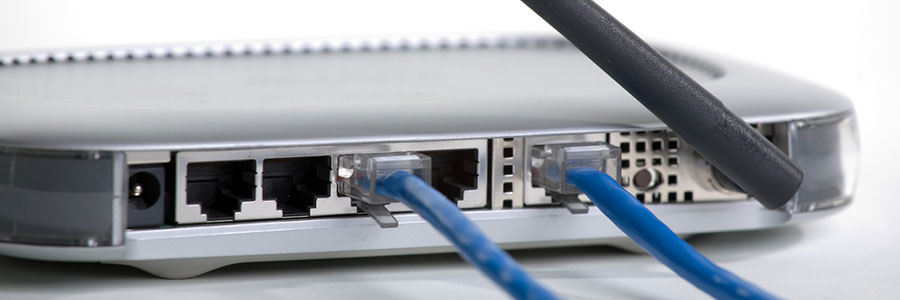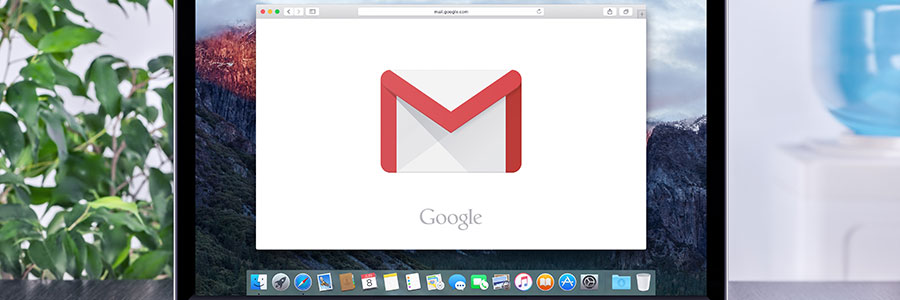When we write about how antivirus software isn’t enough to keep you safe from malware, it’s not just scare tactics. There are so many ways hackers can break into your system that antivirus solutions will never catch. For a real-world example, look no further than the router exploit kit recently leaked from the CIA.
The Wikileaks CIA documents
For several months, the notorious website famous for leaking government data has been rolling out information it obtained from the Central Intelligence Agency.
Wikileaks details router vulnerabilities

Google adds anti-phishing features on Gmail

Cybercriminals have been relentless throughout 2017. In the past couple of months, hackers discovered new malware strains and software vulnerabilities that have overwhelmed thousands of businesses worldwide. But despite these new attacks, hackers still have an old, yet effective trick up their sleeves: phishing scams.
Basic PC fixes are costing you money
6 Mac security tips and tricks
How HIPAA wards off ransomware threats
How to defend against WannaCry
New phishing protection for Gmail on Android
More security features for Office 365
Microsoft Word bug: What you need to know

Software developers and hackers are in a constant game of cat and mouse. When cybercriminals find new security bugs to exploit, tech companies have to quickly release a solution that secures those vulnerabilities. Just this month, Microsoft released a patch to eliminate a Word exploit designed to steal user information.







